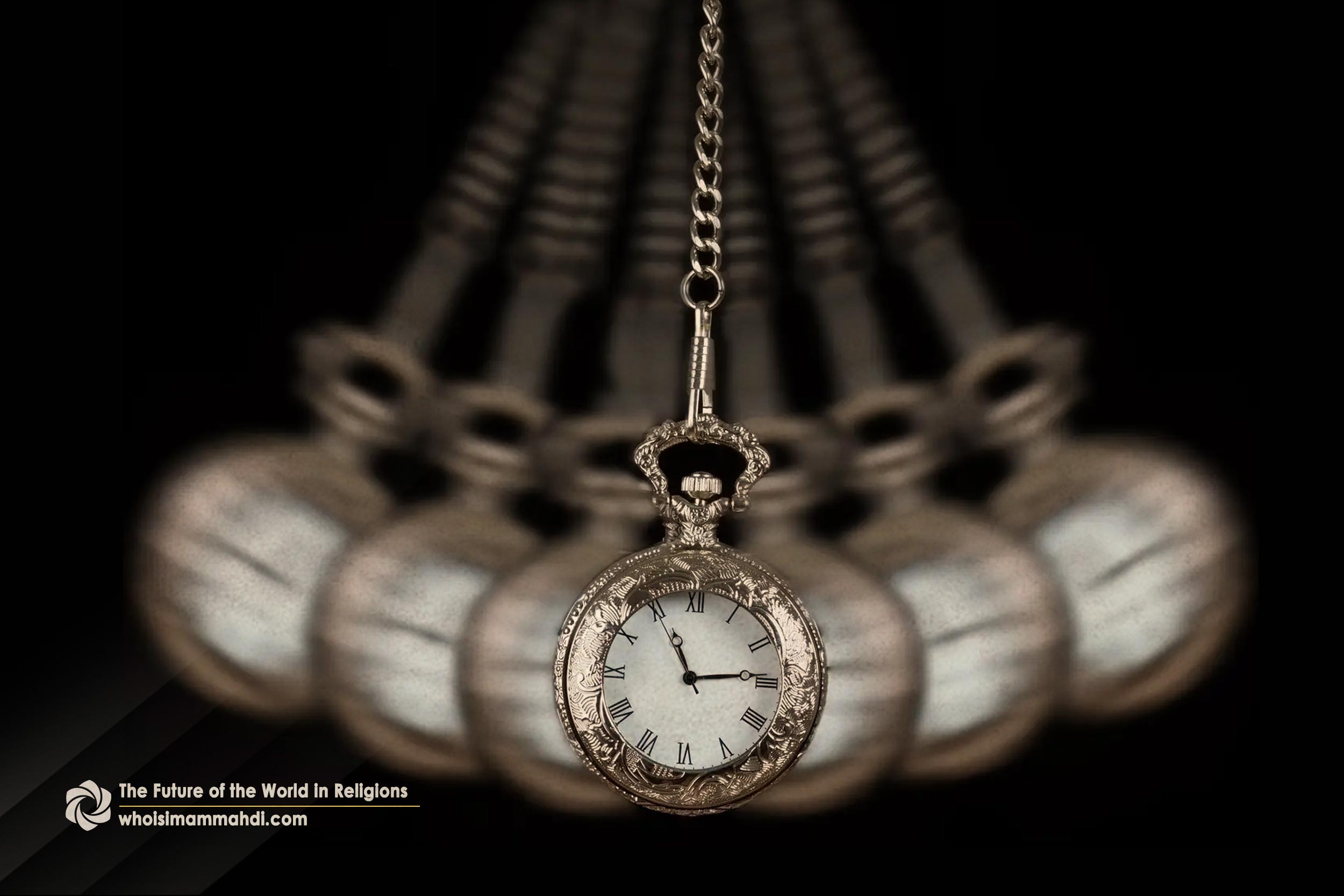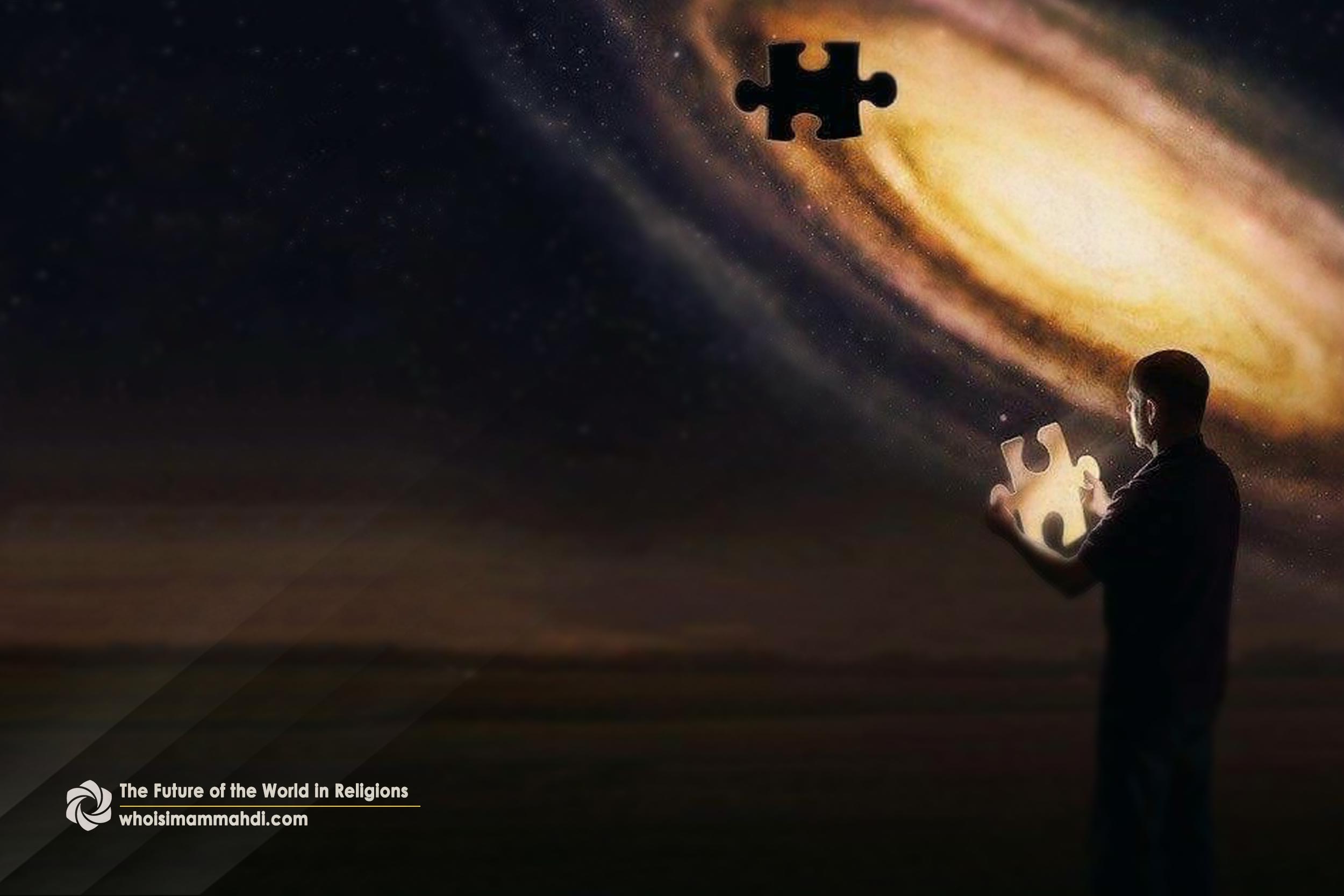Why Do Humans Have Foresight, and Where Does This Characteristic Come from?
Are you a forward-thinking person? What image of the future do you usually have in mind? In your opinion, if the element of foresight was removed from our human mindset, how would our lifestyle and mentality change? Would these changes be positive or negative?
One of the topics as old as human history is the issue of foresight and attention to the future. Foresight is one of the fitri (innate) characteristics of humans. This characteristic is so deeply rooted in us that it can be said most of us, more than thinking about the present moment, are planning for things that we must do in the near or distant future. This even includes everyday decisions like choosing an outfit, making a grocery list, planning for a home purchase, saving for a new car, and so on. Of course, these matters are very trivial in the discussion of foresight. The essence of foresight in humans relates to matters that are directly connected to the purpose of human creation and the world: How will the future of humanity and the world be like? In which direction will the course of history move in the End Times? What will come of us after death? Is there another world? If so, what does it look like? And so on.
In the upcoming series of articles on the promised future of the world, we will talk about the common future that all divine religions and all prophets have promised to their followers. But before that, we need to address the main topic of foresight and future-building and answer these questions:
- What is the reason for human foresight, and what is the origin of this characteristic?
- What are the results of paying attention to the future and planning for it in our lives?
- What is the importance of foresight, and how do our actions affect shaping the future of history?
The Origin of Foresight in Human Beings
The reason why we humans are inclined towards the future is that our soul, unlike our body, is not bound to time and space, and it always desires to expand beyond the boundaries of the material world. We want to travel to the past that is gone and know the future which has not happened yet. We want to know what our fate will be, and what future lies ahead of us and our loved ones. That is why many people love fortune-telling and welcome those who can provide any news about the future in any way.
The origin of this characteristic in us goes back to the beginning of creation when God, as the Infinite Existence, created us. He breathed from His own spirit into us, and with this breath, He entrusted all His attributes, including being infinite, in our existence. The desire for immortality, foresight, and playing a role in shaping the future stems from being infinite and the desire for infinity. This characteristic is so powerful that even those who do not believe in God and the world after death cannot deny its existence.
The Results of Foresight
To treat mental illnesses, many psychologists invite people to enjoy the present moment and avoid paying attention to the future. Although this method is useful for treating diseases such as anxiety and fear of the future, it must not be overused. This is because neglecting the future in the long run also affects the quality of the present.
Sometimes people think that the subject of the future is confined to the future and has no impact on the present life; however, this is not the case. Attention to the future is the driving force in the present. By neglecting the future, we also lose the pleasure of living in the present moment. It is hope for the future that makes life sweet and enjoyable, making it easier to endure difficulties. If we take away hope for the future and the role in shaping the future from people, their lives become empty and meaningless.
Many people fall into depression or even take their own lives because they feel hopeless and worthless. They believe their efforts do not matter and will not improve their lives or the lives of others. Islam rejects this view. It teaches that humans are not helpless but have the power to make a difference. Even small changes in behavior can help people rebuild their past and shape a better future.
The Role of Human Beings in Building the Future
Immortality and building the future are so vital that Allah has mentioned them eighty times in the Quran, reminding humans of their immortality. According to Islam, human value depends on their share in shaping the future. Everyone’s status in the hereafter is dependent on the effort they have made to build the future and shape the promised future of the world.
The more effort a person makes and the greater their role in building the future, the more they enjoy the present moment and the more hopeful, tranquil, comfortable, and above all, blissful they feel. Moreover, the more share a person has in building the future, the higher and nobler their status will be in the eternal system of the hereafter. Therefore, foresight and shaping the future are very important concepts that affect the quality of both our worldly life and our hereafter.
How we view the past and future and how deeply we feel about them shape our present experience, giving it meaning, peace, and strength. According to Islam, humans are beings whose past shapes their present and future. Moreover, by changing their behavior in the present, they can rebuild their past and change the future. In fact, all our decisions, relationships, behaviors, and thought patterns have actually a significant impact on building our present and future. All of our activities in all facets of life are worthless without a vision of the future; that is, we will be confused and uncertain in that activity.
All our actions in the present affect our own future and that of others. Every one of our decisions, relationships, behaviors, and thoughts changes the future of humanity. Since we humans are eternal beings, we attain eternal bliss by building the future. Therefore, if we do not play a role in the promised future of the world and leave no legacy in its shaping, we will not be blissful in this world and the hereafter.
The Role of Foresight in Changing Lifestyle
The more our share in building the future, the more the value of our deeds, the enjoyment of the present, and our eternal reward will be. Through our decisions, relationships, behaviors, and thoughts in the present moment, we lay the foundation of a divine and spiritual civilization in the future and we have a share in it. Our life and present moment are very valuable, exciting, precious, and unique, and no one but God knows its worth.
The important point is how we can build the future and increase our share in it. How can we benefit ourselves, our society, and our future generations in the present? How can we play a key role in building the future of the world? This is a very valuable goal that no wise person would ignore.
In response to the question of what we can do to build the future and have the biggest share in shaping it, we must say that the first step is to understand the future. We need to understand what kind of future God, the Most Blessed, has promised to humanity through His prophets. What good news has He revealed for us? What are its characteristics? And what is supposed to happen in that future? This way, we can adopt a lifestyle which leads us to realize this future and play a role in shaping it.
All the prophets in divine and non-divine books have given the promise of a bright future to humanity. In their teachings, there is news of the coming of the end-time prophet and the promise of a future that is going to be fulfilled by the last divine prophet and his son.
How will this future unfold?
What course will history take?
What will become of the ongoing battle between truth and falsehood, and which side will ultimately prevail and guide humanity?
We will answer these questions in the following articles.






































































